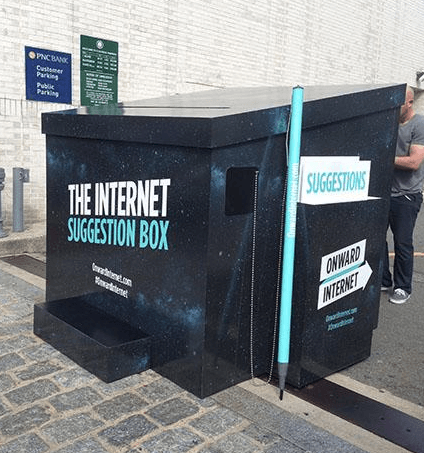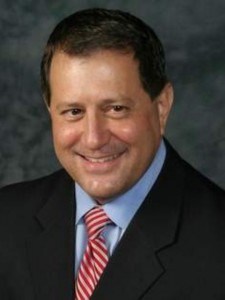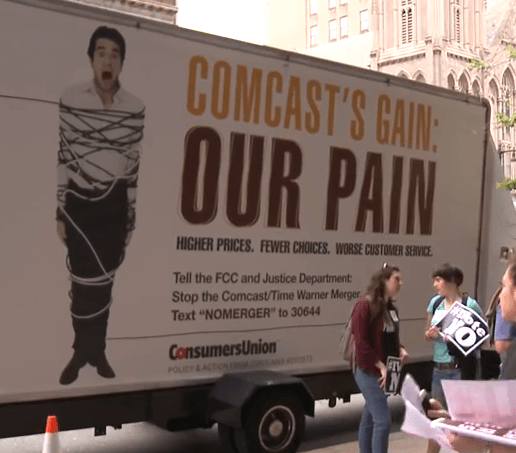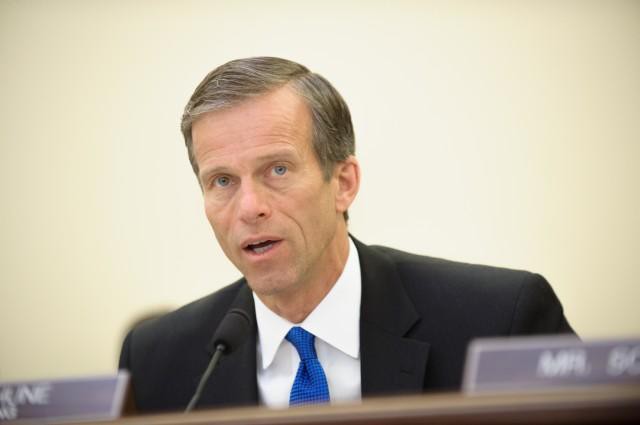
Thune
The House and Senate today held back-to-back hearings on the issue of adopting a Republican alternative to the president’s idea of Net Neutrality.
After the president directly addressed his support of strong Net Neutrality protections, FCC chairman Thomas Wheeler indicated he intended to act on the issue next month. Now many Republican legislators have changed their original view that Net Neutrality was “a solution in search of a problem” into a high priority agenda item demanding immediate attention, hoping to cut off Wheeler’s regulatory solution with new legislation.
That came in the form of a proposed new bill to define the principles of Net Neutrality from Sen. John Thune (R-S.D.) and Rep. Fred Upton (R-Mich.).
“By turning the FCC away from a heavy-handed and messy approach to regulating the Internet, this draft protects both consumers who rely on Internet services and innovators who create jobs,” Thune wrote in a statement.
Both hearings were stacked against reclassification of broadband under Title II to assure strong Net Neutrality principles, including three witnesses formerly with the FCC that have moved into industry advocacy jobs.
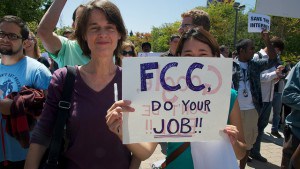
(Image courtesy: Steve Rhodes)
Former FCC chairman Michael Powell is today America’s top cable lobbyist. Meredith Baker quickly left the FCC in 2011 after voting in favor of the Comcast-NBC merger deal, taking a lucrative position at Comcast before moving on to become the country’s top wireless industry lobbyist. Robert McDowell left the FCC in 2013 to take a job at the same law firm hired by Comcast to successfully challenge the FCC’s authority to fine the cable company over its past speed throttling practices. Today, McDowell’s employer also represents the interests of AT&T and Verizon.
Other witnesses testifying included Dr. Nicol Turner-Lee from the Multicultural, Media, Telecom & Internet Council, which claims to be a civil rights organization but in fact receives the bulk of its funding from corporate interests, including large telecom companies. It often advocates for the corporate agendas of its sponsors, including opposition to Title II reclassification and past support for the failed AT&T-T Mobile merger deal.
Tom Simmons, senior vice president of public policy for small cable operator Midcontinent Communications also appeared, opposing strong Net Neutrality policies. Simmons said that once the company explained Title II reclassification and how it would increase customers’ cable bills, support for Net Neutrality diminished.
Just two witnesses testified on behalf of consumer interests. Gene Kimmelman, president of Public Knowledge strongly advocated for Title II reclassification of broadband and Paul Misener, vice president of Global Public Policy for Amazon.com strongly opposed Internet fast lanes and other traffic manipulation practices.
The New York Times today reported that the Republicans may have an increasingly uphill fight with some of their own traditional supporters to push through legislation Internet activists claim is riddled with company-friendly loopholes.
“The libertarian conservative base is pretty astute at recognizing crony capitalism and understand how campaign finance and corporate influence affects policy,” said David Segal, executive director of Demand Progress, a Net Neutrality advocacy group. “And this is a pretty transparent moment for all that.”


 Subscribe
Subscribe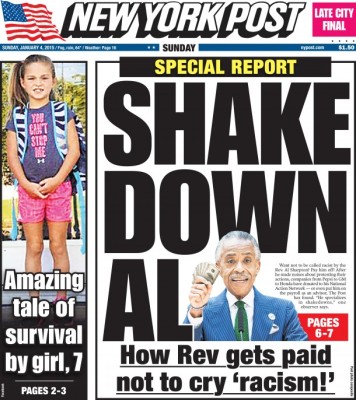 Looking for civil rights groups to support your multi-billion dollar telecom merger and keep minority groups off your back?
Looking for civil rights groups to support your multi-billion dollar telecom merger and keep minority groups off your back? While the money keeps rolling in, Sharpton has
While the money keeps rolling in, Sharpton has 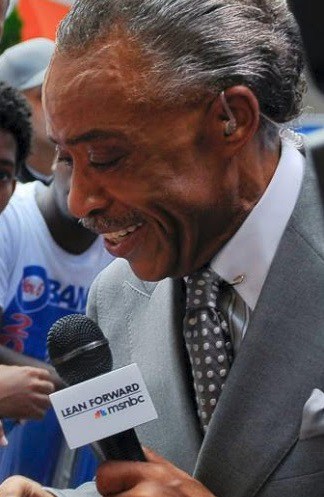
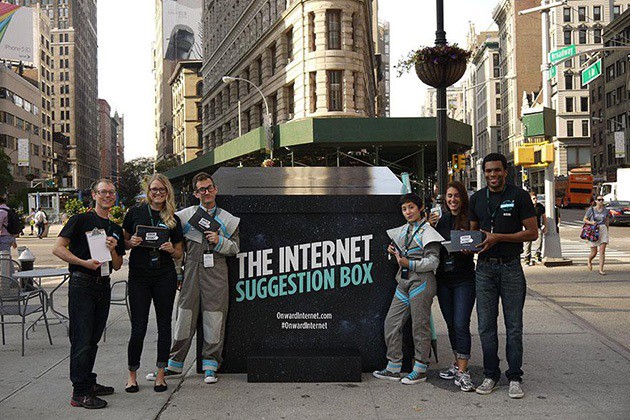 With millions at stake charging content producers extra for guaranteed fast lanes on the Internet, some lobbyists will go to almost any length to throw up roadblocks in opposition to Net Neutrality.
With millions at stake charging content producers extra for guaranteed fast lanes on the Internet, some lobbyists will go to almost any length to throw up roadblocks in opposition to Net Neutrality.